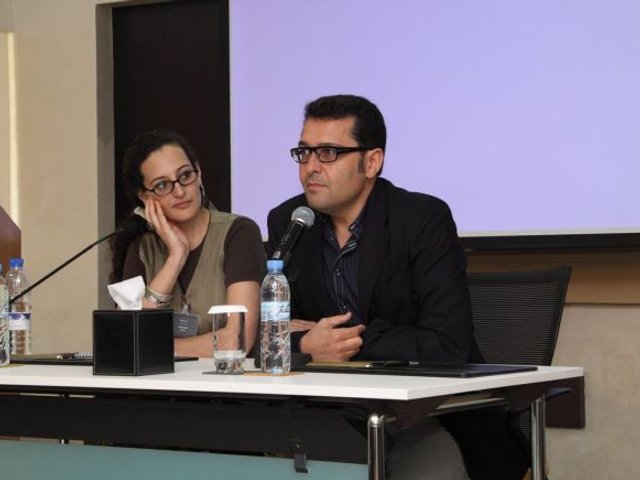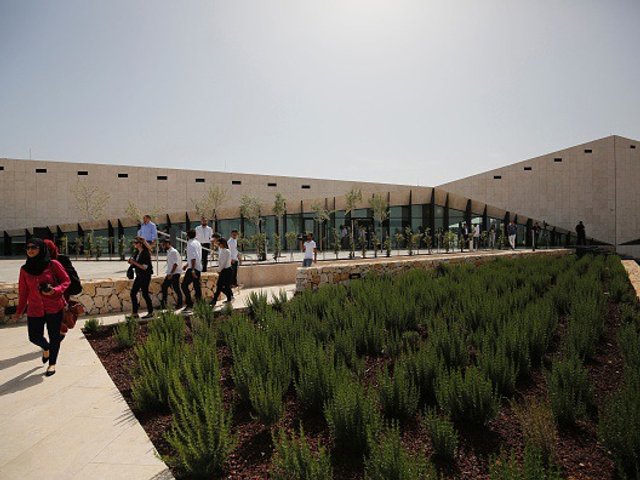A new director has been appointed at the Palestinian Museum in Birzeit, north of Jerusalem, only two weeks before the new institution opens to the public. Mahmoud Hawari—a research associate at the Khalili Research Centre, University of Oxford, and a visiting academic at the British Museum in London—will take the reins at the new museum, which is due to open on 18 May.
Hawari has also led several Palestine-based archaeological projects, including excavations at Khirbat al Mafjar in Jericho from 2009 to 2014. Since 2004, he has acted as a consultant for the International Council on Monuments and Sites (Icomos). “This will be a museum that overcomes political and geographical borders, and links Palestinians together, at home and in exile, wherever they may live,” he says in a statement.
He replaces Jack Persekian who stepped down in December because of “differences over planning and management issues”, according to the museum management.
The Palestinian museum includes 3,500 sq. m of exhibition and educational space, and will focus on the history and culture of Palestine from 1750 to the present day. It is a flagship project of Taawon-Welfare Association, a non-profit organisation registered in Switzerland that “is committed to providing development and humanitarian assistance to Palestinians”.
The $30m building, designed by the Dublin-based architectural firm Heneghan Peng, stands on a 40,000 sq. m plot of land offered on a long-term lease by the adjoining Birzeit University.
Around $25m has been raised for the project, with funding from more than 30 Palestinian individuals and institutions, including the Bank of Palestine and two Middle Eastern construction companies, Projacs and Consolidated Contractors Company (CCC).
“It has been very difficult to construct a museum under the Israeli military occupation but the building will be ready on time,” says Omar Al-Qattan, the acting director and chairman of the London-based AM Qattan Foundation, one of the museum’s main funders.
Asked if there will be anything on show when the museum opens, Al-Qattan says: “No exhibitions, only the beautiful building and gardens.” A permanent collection of art and artefacts will be built in due course, he says.
The inaugural show, Never Part, has meanwhile been postponed. The exhibition, based on the personal belongings of individual Palestinians, involved more than three years of research. Hawari will decide whether to take Never Part forward or organise another exhibition to launch in October.



